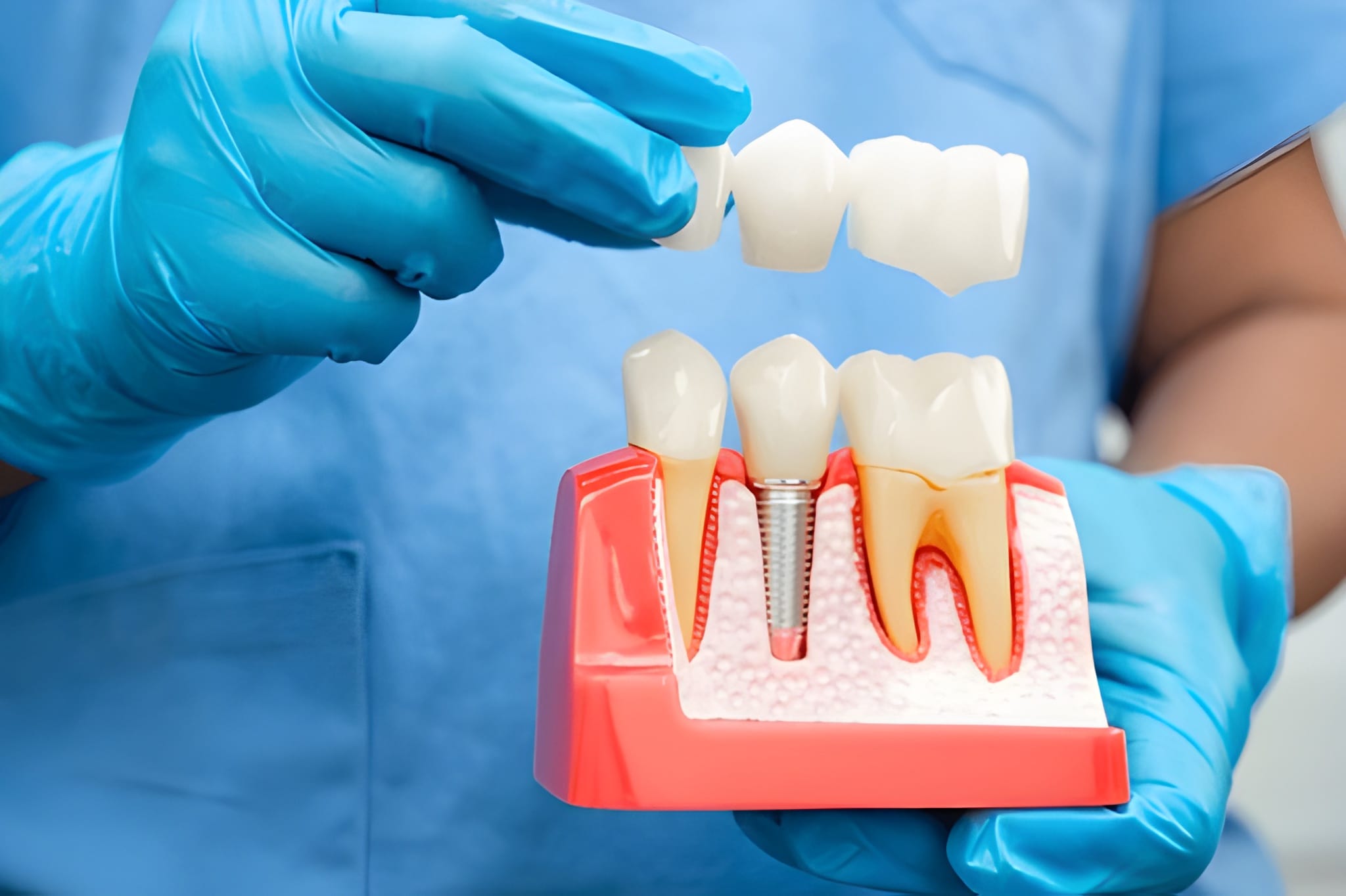
Composite bonding is a popular cosmetic dental procedure that effectively improves the appearance of teeth. Whether you have chipped, discoloured, or misshaped teeth, composite bonding can restore your smile with natural-looking results. For those considering this procedure in Scotland, it’s essential to understand the composite bonding cost, the benefits, and other relevant details. This article aims to provide a comprehensive guide to help you make an informed decision.
What is Composite Bonding?
Composite bonding involves applying a tooth-coloured resin material to the teeth to enhance their appearance. The resin is shaped and polished to match the surrounding teeth, providing a seamless and aesthetically pleasing result. This procedure is often used to repair chipped teeth, close gaps, change the shape of teeth, or improve the overall appearance of discoloured teeth.
Benefits of Composite Bonding
The benefits of composite bonding are numerous, making it a preferred choice for many seeking cosmetic dental improvements. Here are some key advantages:
- Minimally Invasive: Unlike veneers or crowns, composite bonding usually requires little to no removal of the tooth’s natural structure.
- Cost-Effective: Compared to other cosmetic procedures, the composite bonding cost is relatively affordable.
- Quick Procedure: Most composite bonding treatments can be completed in one visit, allowing for immediate results.
- Versatility: Composite bonding can address various dental issues, from minor chips to significant gaps between teeth.
- Aesthetics: The resin material used in composite bonding can be colour-matched to your natural teeth, ensuring a natural and attractive appearance.
Composite Bonding Cost
One of the most frequently asked questions is, “How much does composite bonding cost?“ The cost of composite bonding can vary based on several factors, including the complexity of the procedure, the dentist’s experience, and the location of the clinic. In general, the composite bonding teeth cost in Scotland can range from £100 to £400 per tooth.
How Much is Composite Bonding in Scotland?
When considering how much is composite bonding in Scotland, it’s essential to factor in the specific needs of your dental case. Some patients may require bonding on multiple teeth, which can increase the overall cost. Additionally, the experience and reputation of the dental practice can influence pricing. On average, patients can expect to pay between £200 and £350 per tooth for composite bonding in Scotland.
How Much Does Tooth Bonding Cost?
Understanding how much does tooth bonding cost involves looking at various elements, including:
- The extent of Damage: Minor repairs are generally less expensive than extensive bonding work.
- Number of Teeth: The more teeth that require bonding, the higher the total cost.
- Dentist’s Expertise: Highly experienced cosmetic dentists may charge more for their services, reflecting their skill and precision.
- Geographic Location: Prices can vary based on the location of the dental clinic within Scotland.
Composite Bonding NHS Cost
For those wondering about the composite bonding NHS cost, it’s important to note that the NHS typically provides dental treatments that are clinically necessary. Cosmetic procedures like composite bonding, which are primarily aesthetic, are usually not covered by the NHS. However, if the bonding is required to repair a tooth damaged by decay or trauma, it may be available under NHS dental services. The costs for NHS dental treatments are generally lower, but availability and eligibility criteria can vary.
Factors Affecting Composite Bonding Costs
Several factors can affect the overall cost of composite bonding, including:
- Material Quality: Higher quality resin materials may cost more but offer better durability and aesthetics.
- Procedure Complexity: More intricate bonding work requires additional time and expertise, potentially increasing the cost.
- Location: Dental practices in major cities or affluent areas may have higher fees compared to those in smaller towns or rural locations.
- Additional Treatments: Sometimes, additional dental treatments may be needed before bonding, such as cleaning or minor repairs, which can add to the total cost.
How Composite Bonding is Done
Understanding the composite bonding process can help alleviate any concerns you might have about the procedure. Here’s a step-by-step overview:
- Consultation: Your dentist will examine your teeth and discuss your goals to determine if composite bonding is the right option for you.
- Preparation: Minimal preparation is needed. The dentist will select a composite resin colour that matches your natural teeth.
- Application: The resin is applied to the tooth’s surface and moulded to the desired shape.
- Curing: A special light is used to harden the resin, bonding it securely to the tooth.
- Finishing Touches: The bonded tooth is polished to match the gloss of the rest of your teeth, ensuring a natural appearance.
Longevity and Maintenance of Composite Bonding
Composite bonding can last anywhere from 5 to 10 years with proper care. To maximize the lifespan of your bonded teeth:
- Maintain Good Oral Hygiene: Brush twice a day and floss daily.
- Avoid Hard Foods: Biting on hard objects can damage the composite material.
- Regular Dental Check-ups: Regular visits to your dentist can help identify any issues early and maintain the health of your bonded teeth.
- Limit Staining Foods and Drinks: Beverages like coffee, tea, and red wine can stain the composite resin over time.
Is Composite Bonding Right for You?
Composite bonding is an excellent option for many people, but it’s not suitable for everyone. Ideal candidates for composite bonding are those with minor cosmetic issues such as chipped teeth, small gaps, or discolouration. It’s also essential to have healthy teeth and gums before undergoing this procedure. Your dentist can provide a thorough evaluation to determine if composite bonding is the best solution for your needs.
Conclusion
Composite bonding offers a versatile, cost-effective solution for enhancing your smile. By understanding the composite bonding cost and the benefits, you can make an informed decision about whether this procedure is right for you. Whether you’re looking to repair a chipped tooth, close a gap, or improve the overall appearance of your teeth, composite bonding can provide natural-looking and lasting results.
For those in Scotland, it’s important to consider how much composite bonding Scotland, and how much tooth bonding costs when planning your treatment. While the composite bonding NHS cost may be an option for some, most cosmetic bonding procedures will be handled privately.
Investing in your smile can have significant positive impacts on your confidence and overall dental health. If you’re considering composite bonding, consult with a reputable dentist to explore your options and receive a personalized treatment plan tailored to your needs.






